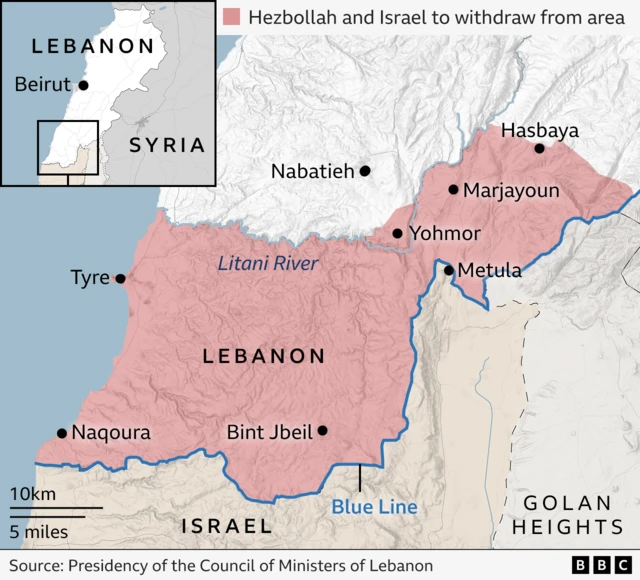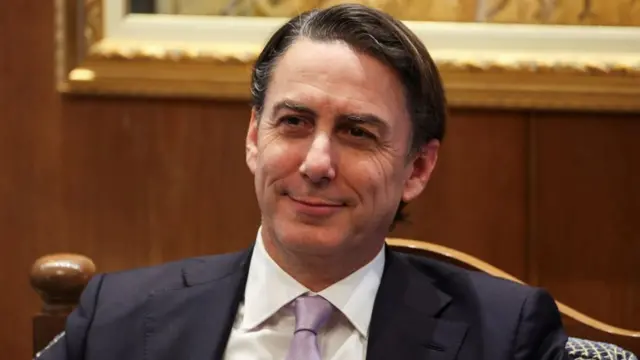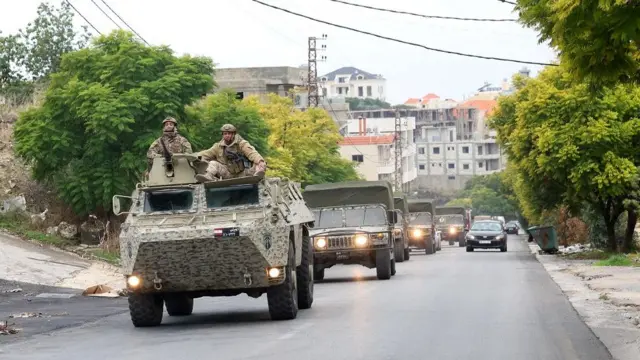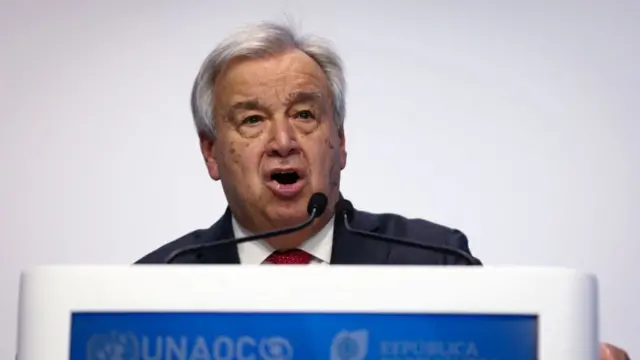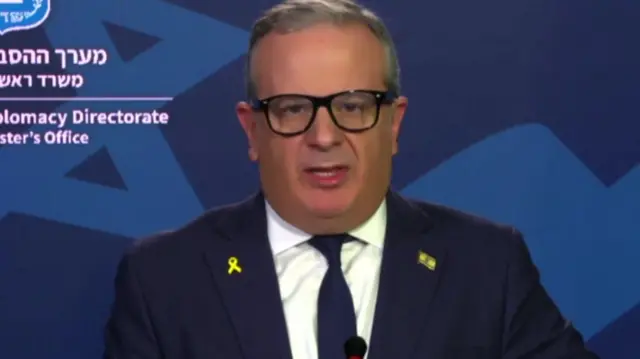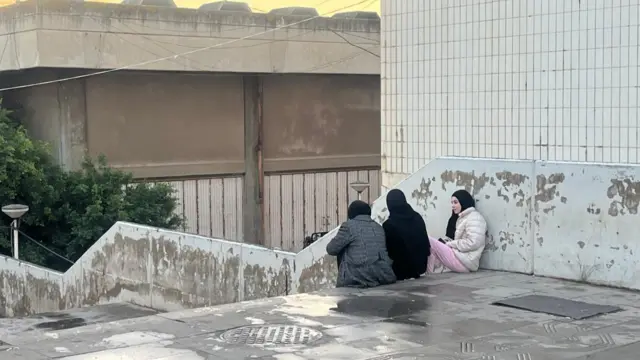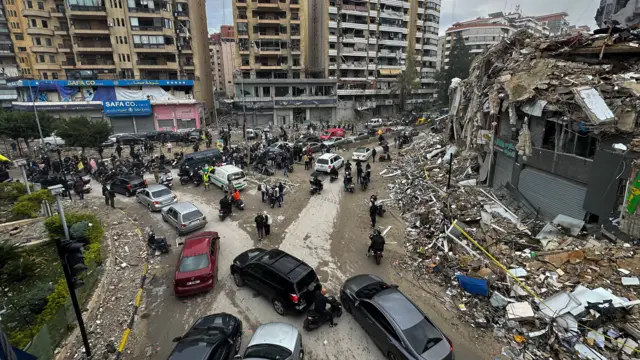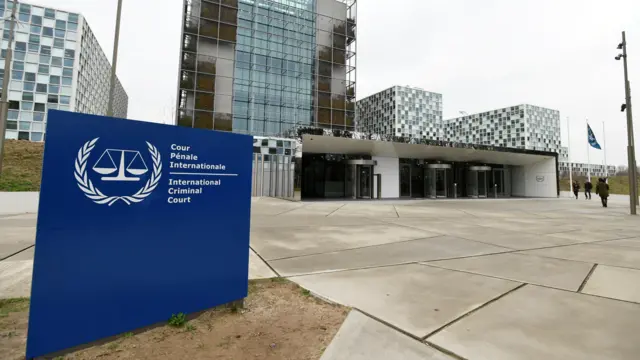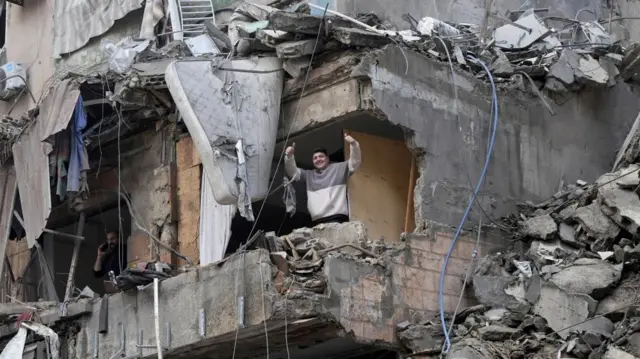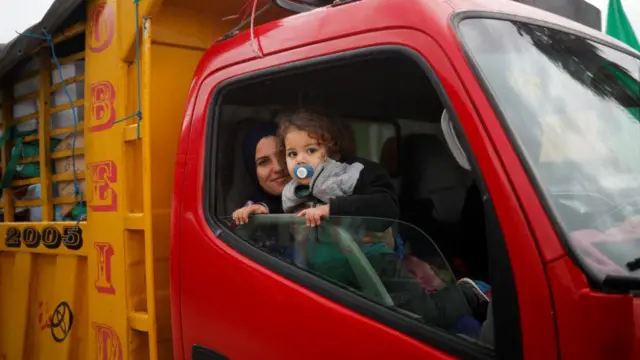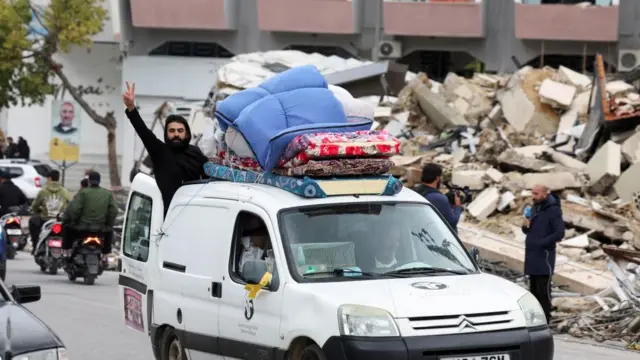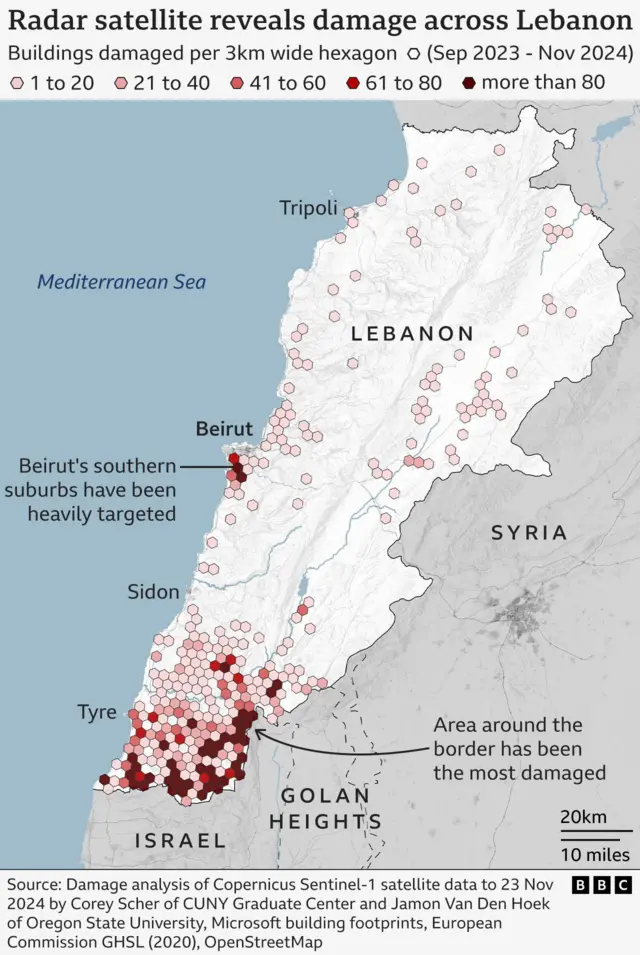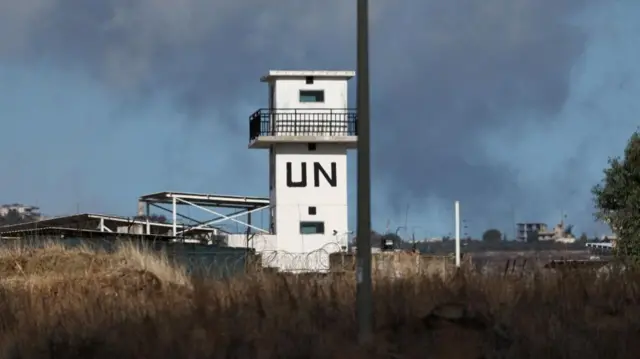First day of Lebanon ceasefire appears to holdpublished at 20:44 GMT 27 November 2024
 Francesca Gillett
Francesca Gillett
Live editor
Night has fallen on the first day of a ceasefire between Israel and Hezbollah - a truce that the head of the UN has called "the first ray of hope" after more than a year of war.
But Israel and Hezbollah both say they are ready to deal with any new attack and are on standby for any violations.
Tonight, Israel has issued an overnight curfew to people in Lebanon seeking to return to southern Lebanon following the truce, saying some areas remained unsafe.
Attention has now turned to what this might mean for a Gaza ceasefire. The US envoy who negotiated this deal thinks it might help unlock a ceasefire in the Strip. Our correspondent Frank Gardner explains the complicating factors.
We're closing our live coverage now. Our international correspondent Jeremy Bowen has written an in-depth piece on the ceasefire and what comes next - he says it is a respite, not a solution for the Middle East.
